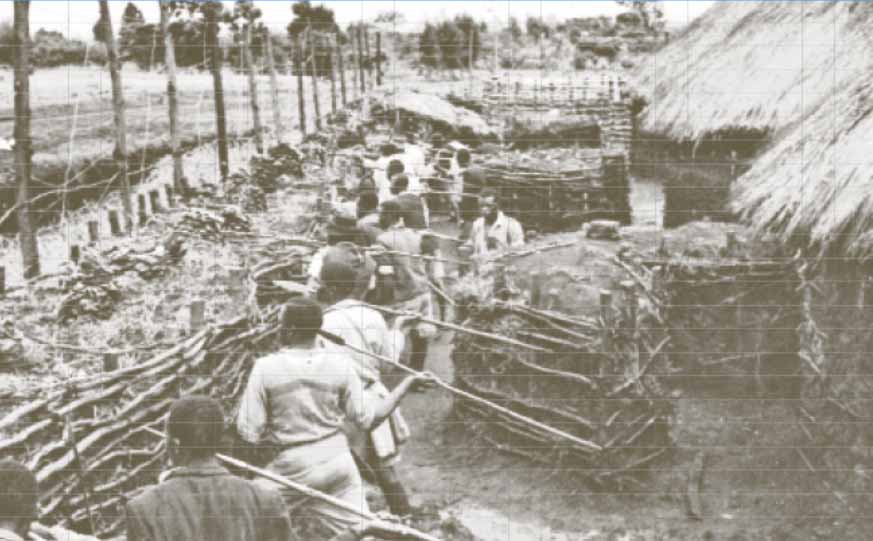×
The Standard e-Paper
Home To Bold Columnists

The period between 1895 and 1908 witnessed incessant rebellion against Europeans trying to stamp their authority.
Some of the notable uprisings were by the Mazrui, Nandi and Kisii. African fighters attacked caravans, government centres (bomas) or railway construction workers.